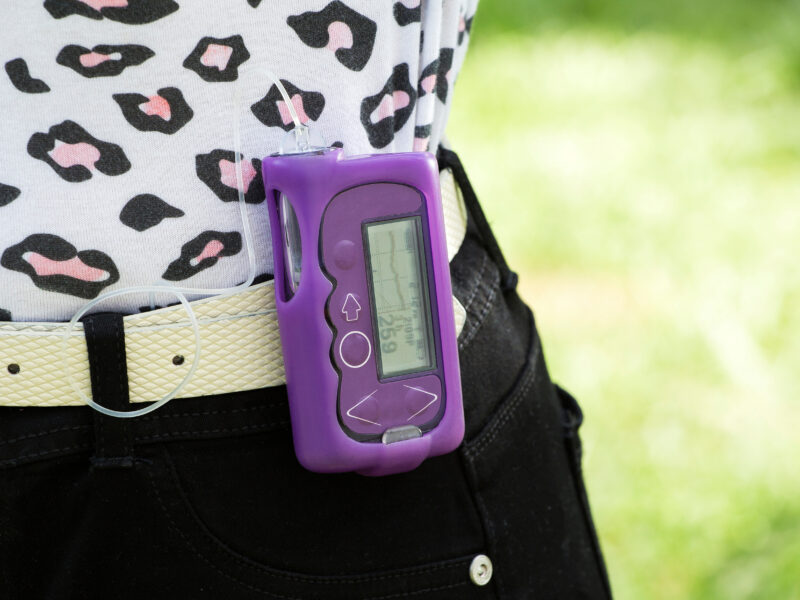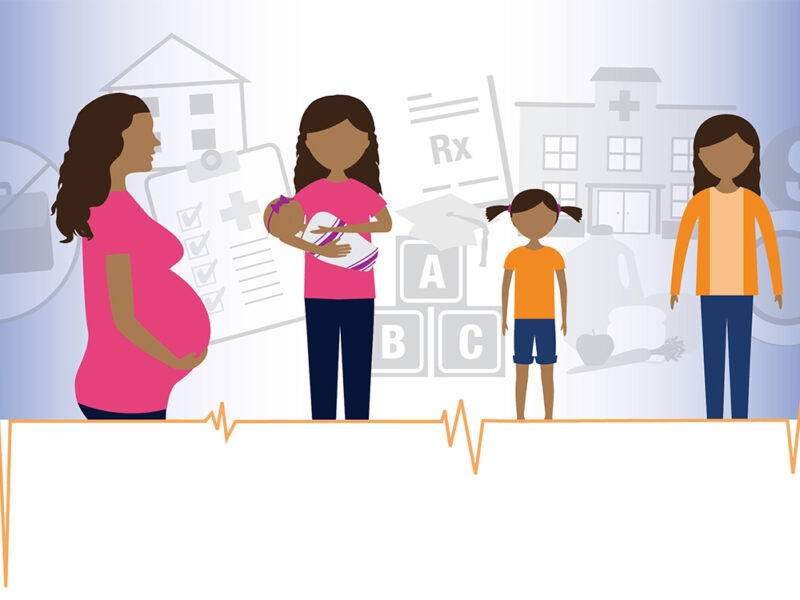Postpartum Depression Linked to Increased Use of Acute Infant Care
Postpartum Depression Linked to Increased Use of Acute Infant Care https://pediatricsnationwide.org/wp-content/uploads/2025/04/for-web-AdobeStock_323981805-1024x569.jpg 1024 569 Alaina Doklovic Alaina Doklovic https://pediatricsnationwide.org/wp-content/uploads/2023/11/100923RH0019-e1699635391623.jpg
Study results highlight the importance of primary care in infant and maternal support. In a recent study published in Academic Pediatrics, researchers found a link between postpartum depression in mothers and the infants’ use of acute care, which includes emergency department or urgent care visits.
Postpartum depression (PPD) is often unrecognized and undertreated. Frequently mistaken for “baby blues,” PPD symptoms are more intense and long-lasting, including extreme sadness or loneliness, irritability and fatigue, frequent crying or severe mood swings.
“We know that postpartum depression is one of the most common complications of childbirth,” says Laura Chavez, PhD, MPH, senior author of this study and a principal investigator at the Center for Child Health Equity and Outcomes Research at Nationwide Children’s Hospital. “As more pediatric health systems screen for postpartum depression, it offers an opportunity to understand how these screening results are related to the care infants receive. We wanted to understand whether there were differences in receipt of preventative or acute care for infants whose mothers were identified as at risk for postpartum depression.”
The study sample consisted of 5,341 infants born between January 1, 2021, and October 29, 2021, whose mothers completed a screening during the child’s normal checkup appointment within their first six months of life.
The Edinburgh Postnatal Depression Scale (EPDS), a 10-item screening instrument, was used to identify perinatal depression symptoms. Each question had four response options, ranging 0 to 3 points respectively.
There was a possibility of receiving up to 30 points on this screening. The screen was considered positive if the mother scored a 10 or higher.
Although a positive screen does not equal a diagnosis, it can indicate when mothers need additional referrals or monitoring to ensure that depression symptoms don’t worsen, says Dr. Chavez.
More than 15% of the mothers screened positive on the EPDS during the first six months, with a mean score of 12.3 total points. Most positive screens were identified before the infant’s 1-month checkup with their primary care physician.
More than 62% of mothers who screened positive lived in areas with low childhood opportunity.
The study found a significant increase in the use of acute infant care services among the mothers who screened positive for PPD. There was no connection with preventive care visits.
These results emphasize the importance for primary care physicians to discuss options for families to access same-day primary care appointments or to use primary care for more than just the usual health checkups. Primary care physicians should continue to check in on both the infant and the mother after acute care visits. Their intervention can help mothers suffering from PPD connect with resources they need, says Dr. Chavez.
This article appeared in the 2025 Spring/Summer issue. Download the full issue.
Reference:
Tyson DP, Utset LV, Hardy RY, Davenport MA, Barnett KS, Chisolm DJ, Chavez LJ. Postpartum depression screening in pediatric primary care clinics and infant receipt of preventive or acute care. Academic Pediatrics. 2025;25(1):102556.
Image credit: Adobe Stock
About the author
Alaina Doklovic is a Marketing Specialist for Research Communications at Nationwide Children’s Hospital. She received her BS in medical anthropology and English from The Ohio State University. Her passions for science and health, combined with her desire to help others, motivated her to pursue a career in which she could actively help improve patient outcomes and scientific research through writing.
- Alaina Doklovichttps://pediatricsnationwide.org/author/alaina-doklovic/
- Alaina Doklovichttps://pediatricsnationwide.org/author/alaina-doklovic/January 22, 2024
- Alaina Doklovichttps://pediatricsnationwide.org/author/alaina-doklovic/
- Alaina Doklovichttps://pediatricsnationwide.org/author/alaina-doklovic/February 19, 2024
- Post Tags:
- Depression
- gynecology
- Obstetrics
- postpartum








